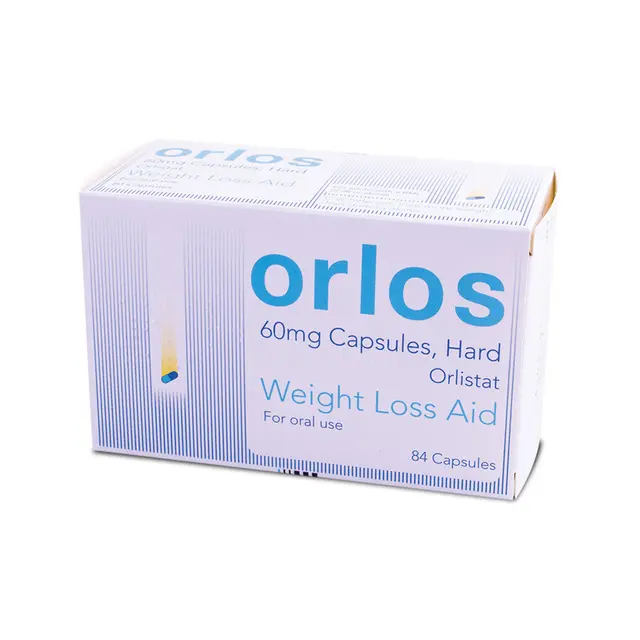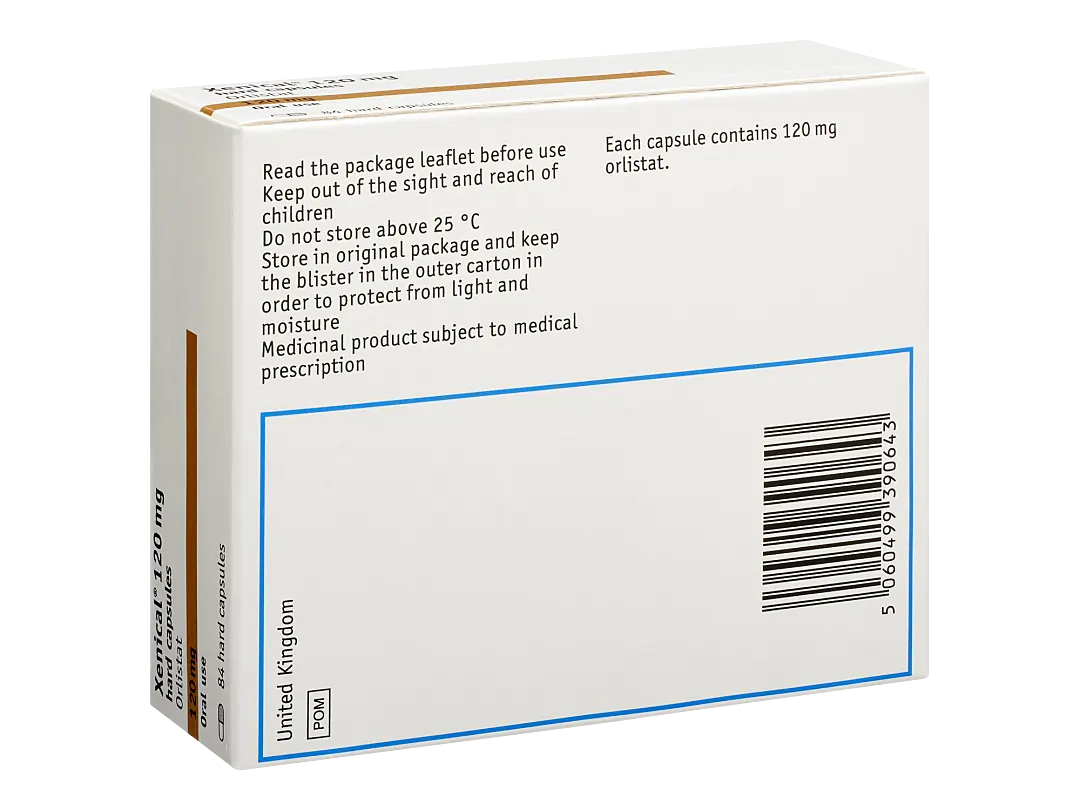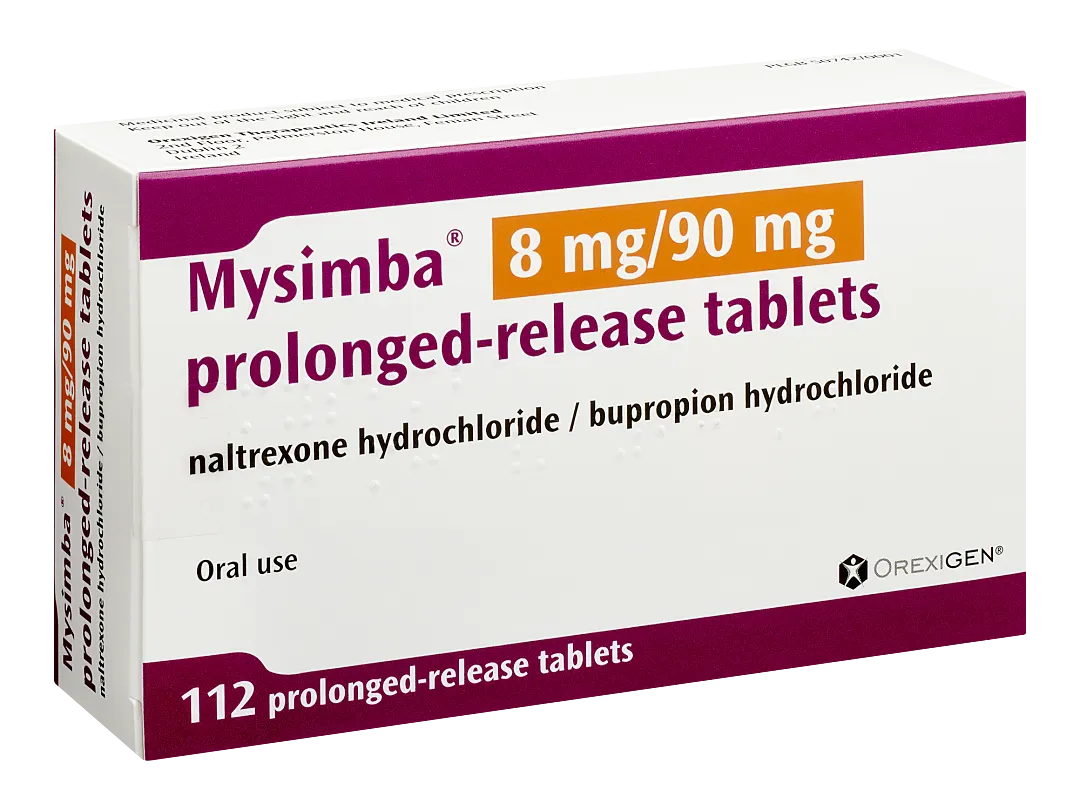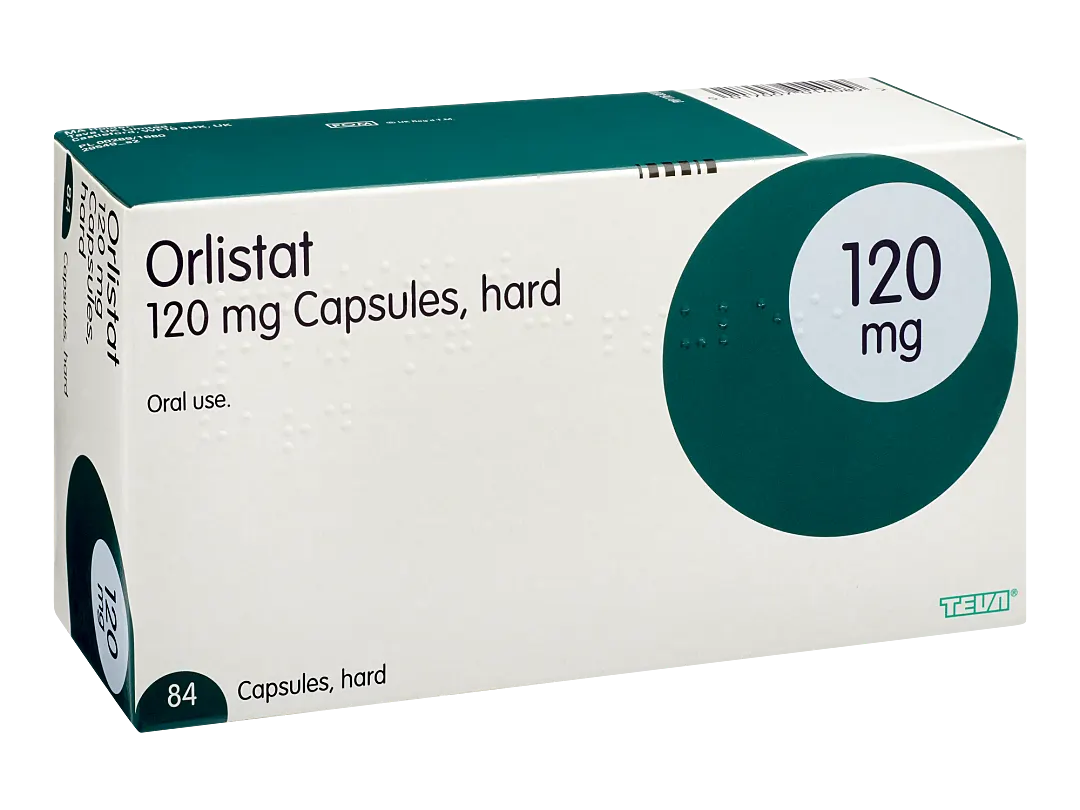Description

What is Phentermine (Adipex-P)?
What is Phentermine (Adipex-P) used for?
Short-term treatment for weight management in adults with a body mass index (BMI) of:
-
30 kg/m2 or greater; or
-
27 kg/m2 or greater, and with at least one other weight-related condition (e.g., high blood pressure, high blood sugar, high cholesterol)
How Phentermine (Adipex-P) works
Phentermine (Adipex-P) is a sympathomimetic (stimulant). The exact way it works to help with weight loss isn’t well understood. But it’s thought to work by lowering your appetite and causing you to feel less hungry.
What are the risks and warnings for Phentermine (Adipex-P)?
Phentermine (Adipex-P) can cause some serious health issues. This risk may be even higher for certain groups. If this worries you, talk to your doctor or pharmacist about other options.

Not safe to combined with other weight loss medications
There isn’t enough information to know whether it’s safe to take phentermine (Adipex-P) along with other medications for weight loss, including ones found over-the-counter. Don’t take phentermine (Adipex-P) with any other weight loss medication without first speaking with your primary care provider. Talk with your care team if you’ve more questions about your treatment plan.

Phentermine not working well
Phentermine (Adipex-P) might not continue to work well after a while, even for people who’ve experienced good results when they first started treatment. This is called tolerance. Raising the dose of phentermine (Adipex-P) won’t help and isn’t safe because of the risk for serious side effects. Let you primary care provider know if you’ve noticed weight gain or your appetite returning after you’ve been taking phentermine (Adipex-P). They’ll need to recommend other treatment options for you.

Risk of misuse and dependence
-
Risk factors: Taking more phentermine (Adipex-P) than prescribed
Similar to other stimulants, phentermine (Adipex-P) has a risk of misuse and for causing dependence. To lower the risk of serious side effects from taking too much medication and the risk of dependence, your primary care provider will typically only prescribe a limited amount and quantity at a time. Take phentermine (Adipex-P) exactly as prescribed by your primary care provider. This medication is only meant for short-term treatment only. Talk with your care team to learn more about long-term weight management options.

Trouble concentrating or problem with coordination
-
Risk factors: Drinking alcohol
Don’t drive or do anything that needs a lot of focus and attention after starting phentermine (Adipex-P) until you know how this medication affects you. Some people experience trouble concentrating, dizziness, tremor and other side effects that can make it dangerous for you to drive. Let your care team know right away if you have these side effects, and especially if they don’t get better with time. They might need to ask you to consider other treatment options instead.

Heart and lung problems
In the past, there were rare, life-threatening cases of pulmonary hypertension (high blood pressure in the lungs) and heart valve problems in people taking “fen-phen” (fenfluramine / phentermine), a previously used combination weight management medication. Although it’s unlikely for these problems to happen while taking phentermine (Adipex-P) by itself, these risks might still be possible. Tell your primary care provider right away if you have any symptoms of lung problems or heart valve problems, such as chest pain, shortness of breath, swollen feet, or dizziness.

Risk of high blood pressure
Let your primary care provider (PCP) know if you have high blood pressure, even if your condition is well-controlled by medications. Taking phentermine (Adipex-P) might raise your risk for high blood pressure so your care team might ask you to check you blood pressure more often during treatment. Let your PCP know if you notice your blood pressure rising after starting treatment because they might need to adjust your medications.

Risk of low blood sugar in people with diabetes
-
Risk factors: Taking insulin or sulfonylureas
People with diabetes who are taking medications that lower blood sugar, such as insulin or sulfonylureas like glipizide, are at higher risk for severely low blood sugar during treatment with phentermine (Adipex-P). This can happen due to changes in eating habits and appetite with phentermine (Adipex-P). Your diabetes care team might need to adjust the dose of your blood sugar medications after you start phentermine (Adipex-P).
Always keep emergency glucose tablets or hard candy with you in case your blood sugar drops too low. If you experience symptoms of low blood sugar, such as feeling faint, shaking, and sweating, check and treat your low blood sugar levels right away. If your symptoms don’t improve, call 911.
















Reviews
There are no reviews yet.